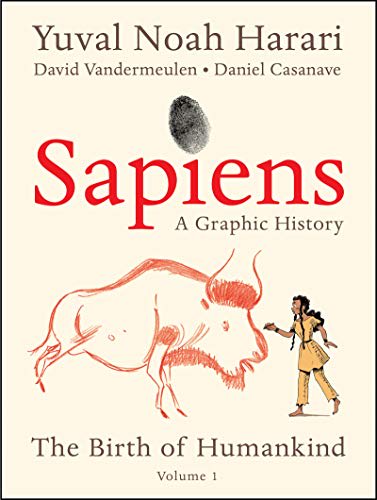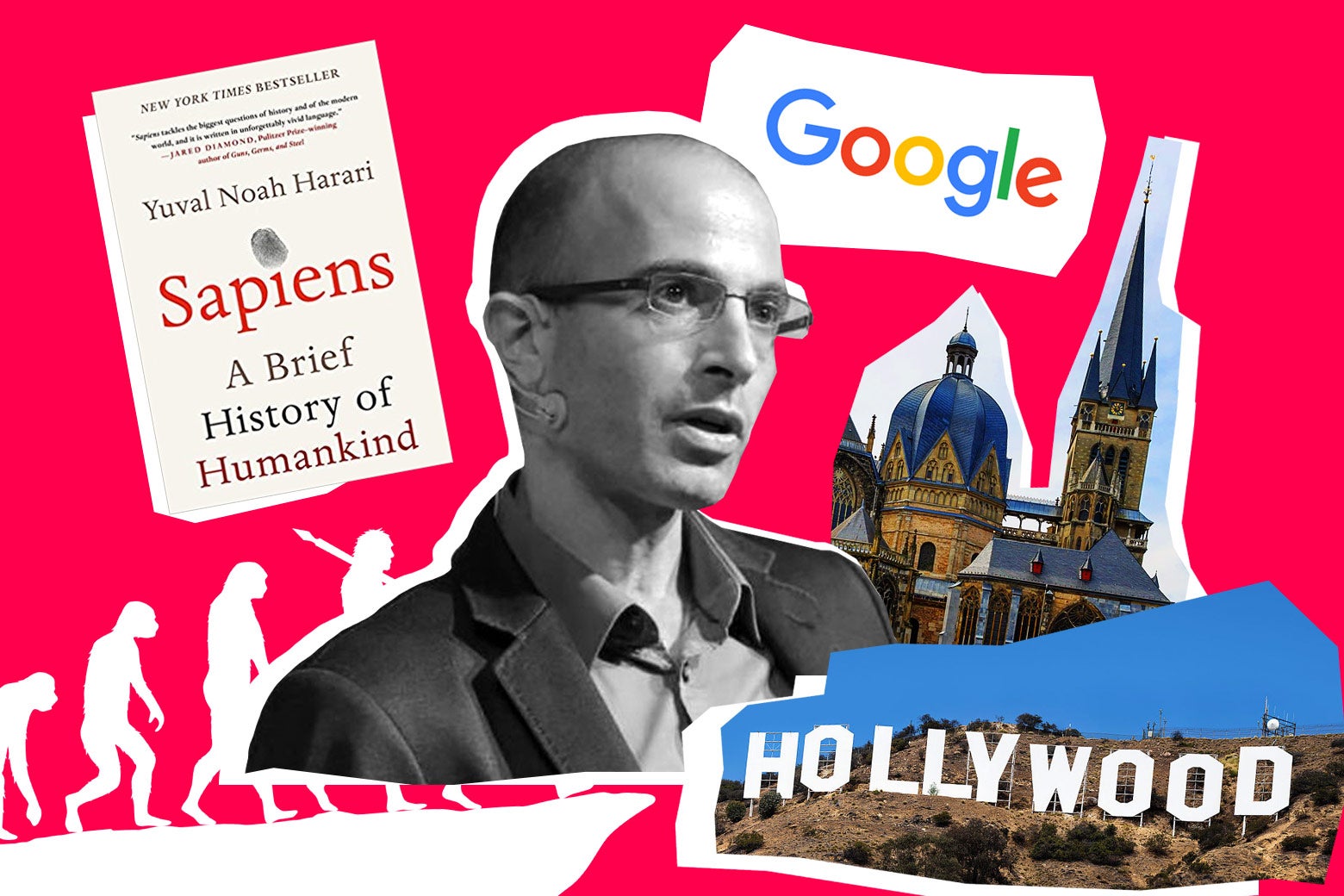
But now governments can rely on ubiquitous sensors and powerful algorithms instead of flesh-and-blood spooks. The KGB relied on human agents and analysts, and it just couldn’t place a human agent to follow every citizen. Fifty years ago, the KGB couldn’t follow 240m Soviet citizens 24 hours a day, nor could the KGB hope to effectively process all the information gathered. Today, for the first time in human history, technology makes it possible to monitor everyone all the time. One method is for the government to monitor people, and punish those who break the rules. There are two main ways of achieving this. In order to stop the epidemic, entire populations need to comply with certain guidelines. The second is between nationalist isolation and global solidarity. The first is between totalitarian surveillance and citizen empowerment. In this time of crisis, we face two particularly important choices. What happens when everybody works from home and communicates only at a distance? What happens when entire schools and universities go online? In normal times, governments, businesses and educational boards would never agree to conduct such experiments. Entire countries serve as guinea-pigs in large-scale social experiments. Immature and even dangerous technologies are pressed into service, because the risks of doing nothing are bigger. Decisions that in normal times could take years of deliberation are passed in a matter of hours. Many short-term emergency measures will become a fixture of life. Yes, the storm will pass, humankind will survive, most of us will still be alive - but we will inhabit a different world.
#BOOKS RECOMMENDED BY YUVAL NOAH HARARI HOW TO#
When choosing between alternatives, we should ask ourselves not only how to overcome the immediate threat, but also what kind of world we will inhabit once the storm passes. We should also take into account the long-term consequences of our actions. They will shape not just our healthcare systems but also our economy, politics and culture. We must act quickly and decisively. The decisions people and governments take in the next few weeks will probably shape the world for years to come. Perhaps the biggest crisis of our generation.

Harari does not have a smartphone, stating he feels privileged for this.Humankind is now facing a global crisis. He takes us on a journey through today’s most urgent issues, from nuclear war to ecological cataclysms, dealing with technological disruptions and constant change. In 21 Lessons for the 21st Century, he turned his attention to the problems we face today, in the age of post-truth, where disinformation and distractions are the new threats. Homo Deus explores the future of humanity, and approaches new angles on topics such as the impact of Artificial Intelligence, medical bioenergy, and the ethical issues that we’ll face. The book explains the history of humankind, going back thousands of years ago. In 2014, he published the book Sapiens, that has currently sold over 10 million copies, and was recommended by a multitude of personalities, including Bill Gates and Barack Obama ( you can see their quotes here). Harari studied medieval and military history in Israel, and in 2002 he received his PhD from the University of Oxford.

Yuval Noah Harari is a historian, philosopher, and author, best known for the books Sapiens: A Brief History of Humankind, Homo Deus: A Brief History of Tomorrow and 21 Lessons for the 21st Century.


 0 kommentar(er)
0 kommentar(er)
